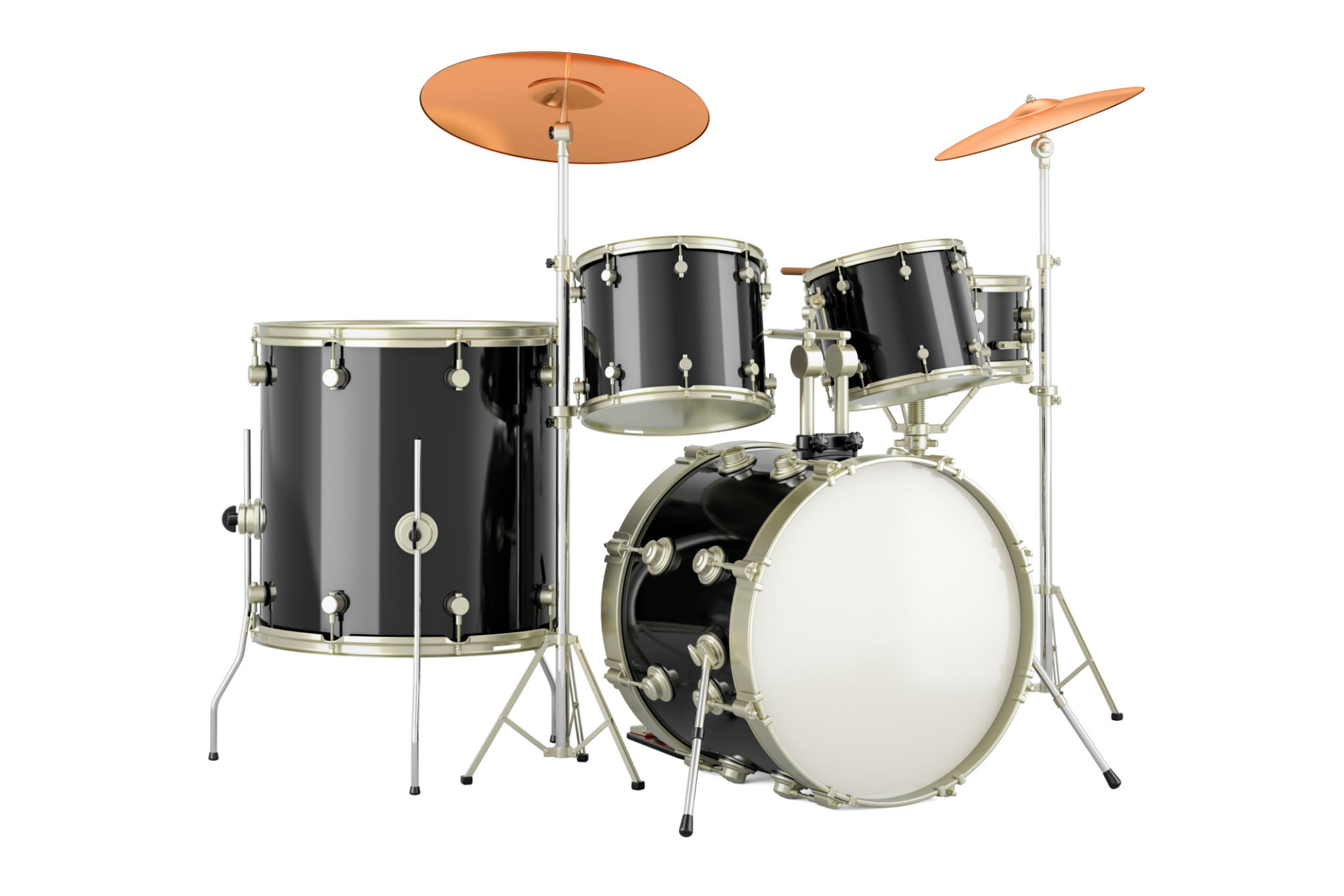Expert Tips: Improving Your Jazz Drumming Skills
Mastering the Basics
Before diving into complex rhythms and techniques, it's crucial to have a solid foundation in basic drumming skills. Focus on your grip, posture, and stick control. Proper grip ensures you have the agility needed for faster tempos and intricate patterns. Keep your posture relaxed yet firm to maintain endurance during long sessions.
Practicing rudiments is another essential step. These basic patterns are the building blocks of jazz drumming. Start with single strokes, double strokes, and paradiddles. Gradually increase your speed while maintaining precision. Consistent practice will enhance your coordination and timing.

Developing Your Independence
Independence is a hallmark of a skilled jazz drummer. It involves the ability to control each limb separately while playing. Begin with simple exercises that require your hands and feet to perform different tasks simultaneously. For example, play a steady beat on the ride cymbal while incorporating bass drum variations.
Progress to more complex patterns by introducing additional limbs. Practice playing the hi-hat with your foot while maintaining a different rhythm with your hands. This can be challenging at first, but with persistence, you'll develop the coordination required for more complex jazz rhythms.

Improvisation Techniques
Improvisation is at the heart of jazz drumming. It allows you to express your creativity and showcase your unique style. Start by familiarizing yourself with common jazz standards and their structures. This knowledge will provide a framework within which you can experiment.
To improve your improvisation skills, try playing along with recordings of jazz legends. Pay attention to their phrasing and rhythmic choices. Mimic their patterns and then add your own flair. Over time, you'll develop a library of phrases that you can draw upon during live performances.

Enhancing Your Sense of Timing
Timing is a critical aspect of jazz drumming. It dictates the groove and feel of the music. Utilize a metronome in your practice sessions to ensure you're playing in time. Gradually increase the tempo as you become more comfortable with each pattern.
Another effective method is to practice with backing tracks or in ensemble settings. Playing with other musicians will challenge you to maintain timing amidst dynamic changes and shifts in tempo. This experience is invaluable for developing a keen sense of timing.
The Importance of Listening
Listening is one of the most underrated skills for any musician, especially a jazz drummer. Spend time listening to various jazz recordings, focusing on the drummers' techniques and styles. Notice how they interact with other instruments and drive the music forward.
Attend live performances whenever possible. Watching seasoned drummers in action provides insights into their techniques and stage presence. Take notes on what resonates with you and consider how you can incorporate similar elements into your playing.

Continuous Learning and Growth
Jazz drumming is an ever-evolving art form that thrives on innovation and exploration. Stay curious and committed to learning new techniques and styles. Consider taking lessons from experienced instructors who can offer personalized guidance and feedback.
Join online communities or forums where you can share experiences and learn from fellow drummers worldwide. Engaging with a community can provide motivation and inspiration, helping you stay focused on your journey to becoming an exceptional jazz drummer.
